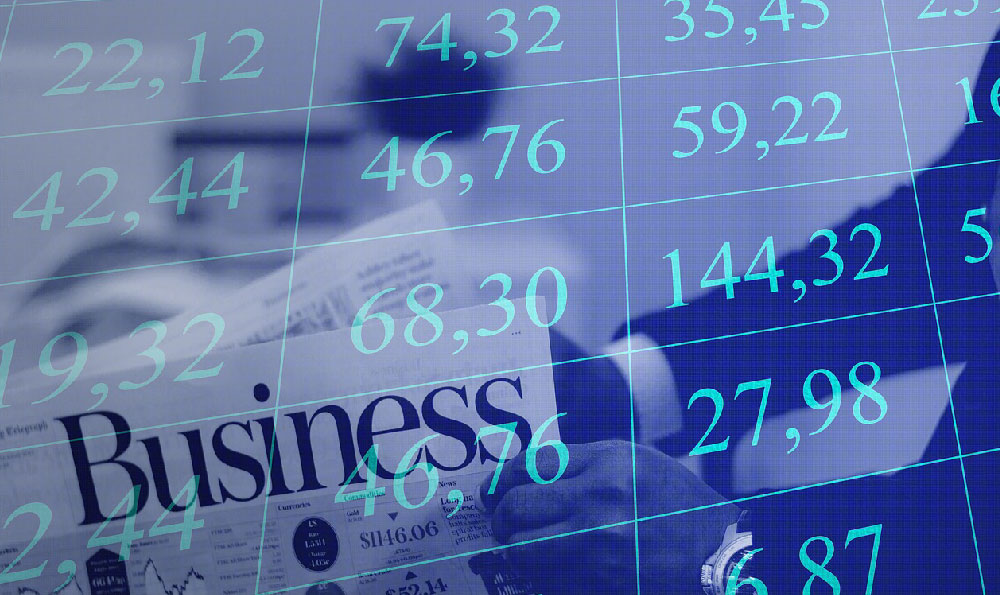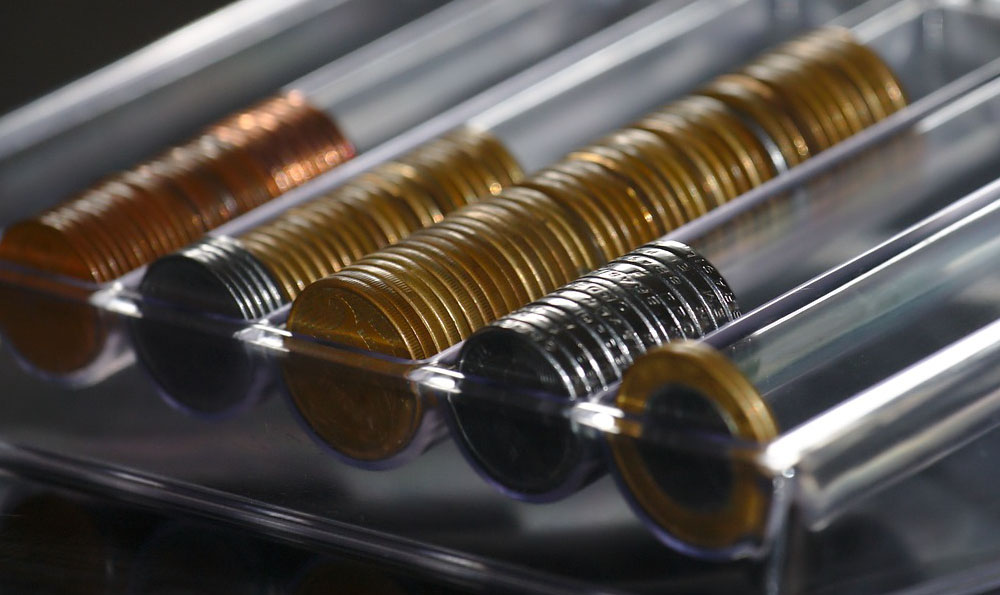Okay, here's an article based on the prompt, aiming for SEO friendliness, depth, and a trustworthy, expert tone, and avoiding forbidden elements.
Navigating the XRP Landscape: A Guide to Acquisition and Security Considerations
XRP, the cryptocurrency associated with Ripple Labs, has garnered considerable attention within the digital asset space. Its unique value proposition—facilitating faster and cheaper cross-border payments—continues to fuel interest from both retail and institutional investors. For those looking to add XRP to their portfolio, understanding the acquisition process and associated security risks is paramount. This article delves into methods for purchasing XRP and addresses the security concerns surrounding the Keepbit platform in relation to MetaMask.

Understanding XRP Acquisition Methods
Acquiring XRP is a multi-faceted process with several options available to potential buyers. The method you choose will depend on factors such as your risk tolerance, geographical location, desired payment method, and the availability of XRP on particular platforms.
-
Centralized Cryptocurrency Exchanges: These are the most common avenues for acquiring XRP. Exchanges like Binance, Kraken, and Coinbase (depending on your jurisdiction, as Coinbase has had past regulatory issues with XRP) offer XRP trading pairs against fiat currencies (USD, EUR, etc.) and other cryptocurrencies (BTC, ETH). This involves creating an account, completing KYC (Know Your Customer) verification, depositing funds, and then placing a buy order for XRP. Centralized exchanges provide user-friendly interfaces, making them suitable for beginners. However, users relinquish control of their private keys while their XRP is held on the exchange, making them susceptible to exchange-related hacks or collapses.
-
Decentralized Exchanges (DEXs): DEXs operate without a central authority, allowing users to trade directly with each other using smart contracts. While offering greater privacy and control over funds, DEXs are typically more complex to use. XRP may not be directly available on many popular DEXs due to technological limitations and the nature of XRP's blockchain. You might need to use bridging solutions or wrapped versions of XRP (which introduce their own risks) to trade XRP on a DEX.
-
Brokerage Services: Some cryptocurrency brokers offer XRP as part of their investment portfolio. These platforms simplify the buying process, but they often charge higher fees than exchanges.
-
Peer-to-Peer (P2P) Trading: P2P platforms connect buyers and sellers directly. This allows for more flexibility in payment methods and potentially better prices, but it also carries a higher risk of scams.
Before choosing a method, thoroughly research the platform's reputation, security measures, fee structure, and available XRP trading pairs. Always use strong, unique passwords and enable two-factor authentication (2FA) to protect your account.
Keepbit Platform and MetaMask Security: A Critical Examination
The safety of using Keepbit platform with MetaMask necessitates a careful evaluation of both entities. MetaMask, a widely used browser extension and mobile app, acts as a non-custodial wallet, empowering users with complete control over their private keys. It interacts with decentralized applications (dApps) and allows users to sign transactions on various blockchains.
Keepbit's role needs to be understood within this context. Is it a dApp, a bridge, or a service interacting with XRP in some way? Since "Keepbit" is not a widely recognized or established platform in the cryptocurrency space, caution is advised. If it's a new or obscure platform, a high degree of skepticism is warranted.
Here are critical security considerations:
-
Smart Contract Audits: If Keepbit interacts with XRP through a smart contract (e.g., wrapping XRP for use on another blockchain), the smart contract should be rigorously audited by reputable security firms. A lack of audits is a major red flag. Smart contract vulnerabilities can lead to the loss of funds.
-
Privacy Policies: Understand what data Keepbit collects and how it uses it. Avoid platforms with vague or overly broad privacy policies.
-
Community Reputation: Look for reviews and feedback from other users. A lack of online presence or a preponderance of negative reviews should raise serious concerns.
-
Permission Requests: When connecting MetaMask to Keepbit, carefully review the permissions being requested. Only grant access to the specific functions needed. If the platform requests excessive permissions (e.g., access to all your tokens), it may be a scam.
-
Transaction Signing: Always double-check the transaction details before signing it with MetaMask. Verify the recipient address, the amount of XRP being sent, and the gas fees. Phishing scams often involve tricking users into signing malicious transactions.
-
Source Code Availability: Ideally, the source code of Keepbit's smart contracts and client-side application should be publicly available for review. This allows independent developers and security experts to identify potential vulnerabilities.
Protecting Your XRP: Best Practices
Regardless of how you acquire XRP or which platform you use, implementing robust security practices is crucial for protecting your investment.
-
Hardware Wallets: For long-term storage of XRP, consider using a hardware wallet like Ledger or Trezor. These devices store your private keys offline, making them immune to online attacks.
-
Secure Your Devices: Keep your computer and mobile devices free from malware and viruses. Use a strong password and enable automatic updates.
-
Be Wary of Phishing: Phishing scams are prevalent in the cryptocurrency space. Be suspicious of unsolicited emails, messages, or websites that ask for your private keys or login credentials.
-
Educate Yourself: Continuously learn about cryptocurrency security and stay up-to-date on the latest threats.
-
Diversification: Don't put all your eggs in one basket. Diversify your cryptocurrency portfolio to mitigate risk.
Conclusion: Proceed with Caution and Diligence
Acquiring XRP requires careful consideration of various factors, including the chosen platform, security protocols, and individual risk tolerance. Given the lack of widespread information and potential risks associated with newer or obscure platforms like "Keepbit," extreme caution is advised. Rigorous due diligence, including verifying smart contract audits, reviewing privacy policies, and scrutinizing permission requests, is essential. Remember, prioritizing security and protecting your private keys are paramount in the world of cryptocurrencies. Always use reputable and well-established exchanges or consider hardware wallets for long-term storage. Continuous learning and staying informed about the evolving landscape of cryptocurrency security are crucial for safeguarding your investments. If you can't find substantial, independent verification of a platform's security and legitimacy, it's best to avoid it altogether.












